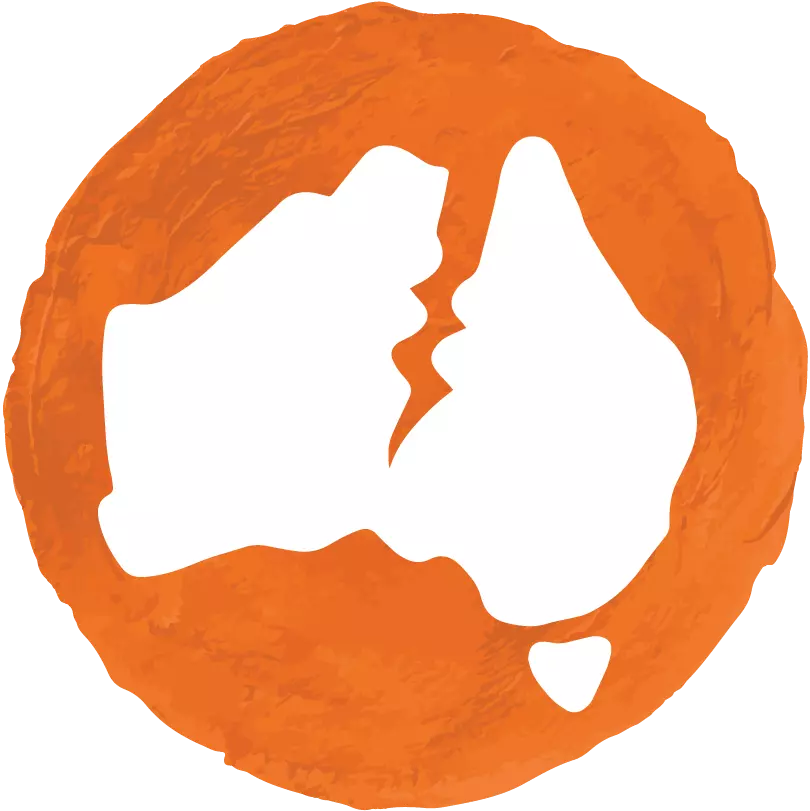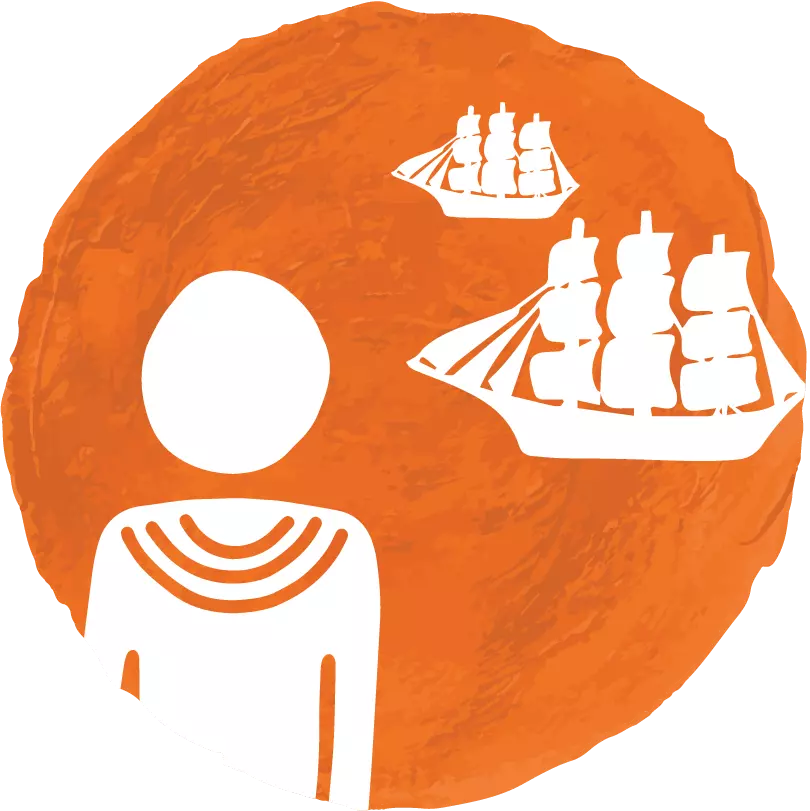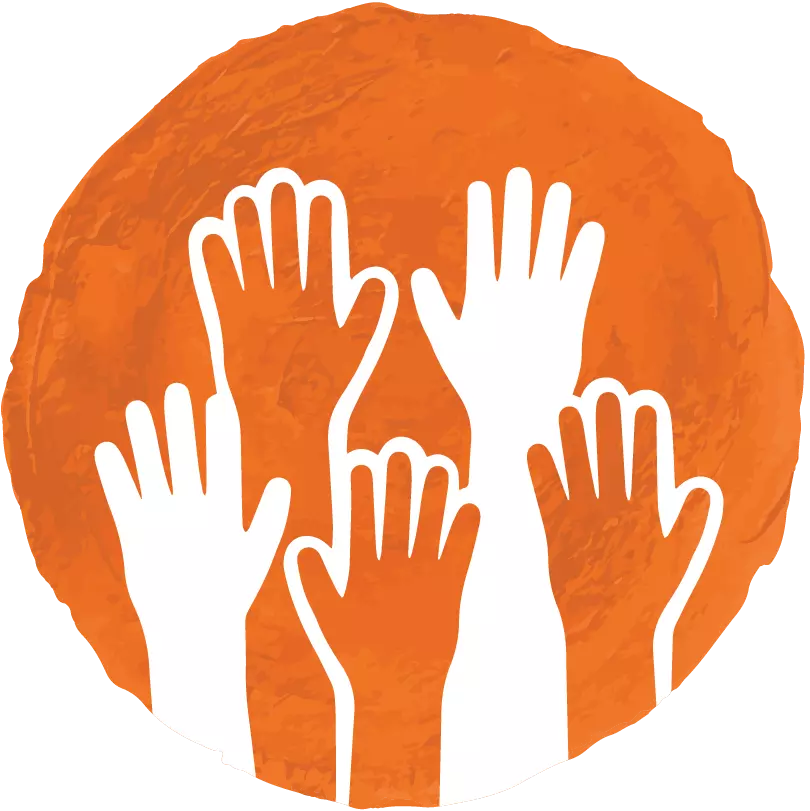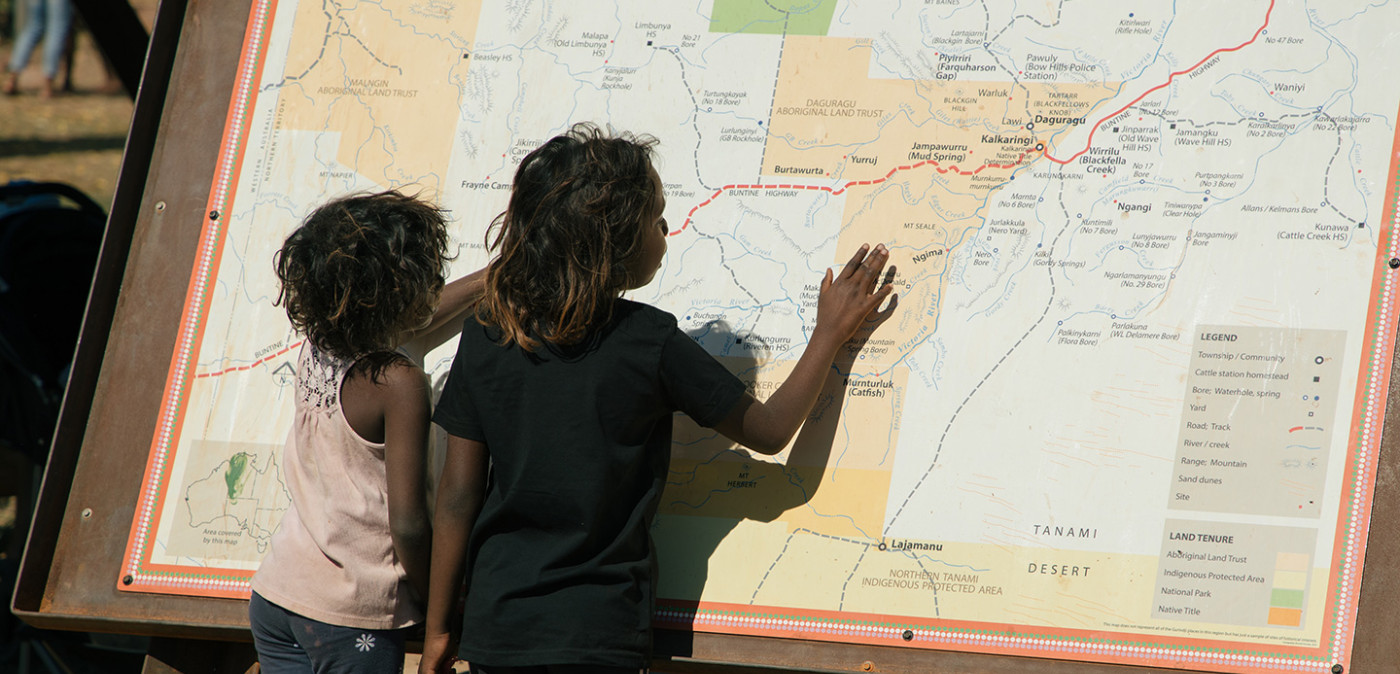On 23 August 1966, Vincent Lingiari led 200 courageous First Nations stockmen and their families to walk off Wave Hill Cattle Station in the Northern Territory protesting against the pay and work conditions.
Continue reading
Enjoy access to free resources
Register nowAlready registered? Login

 The Wound
The Wound
 Our History
Our History
 Why Me?
Why Me?
 Our Cultures
Our Cultures
 My Response
My Response







